STORIES FROM THE ASSEMBLY
What was it like to take part in the Citizens’ Assembly for Northern Ireland?
We asked participants to give us a sense of why they took part in the assembly, what they thought of it, what surprised them, and what they thought about similar processes taking place in the future. Check out what the participants had to say, below.
Why take part in a Citizens’ Assembly?
I followed the activities of the Citizens’ Assembly in the Republic of Ireland and thought it was a wonderful model for participatory democracy. There is a clear democratic deficit in Northern Ireland and a Citizens’ Assembly could make a massive contribution in this divided society.
I wanted to take an active role in political decision making.
I have been interested in the concept of Citizens’ Assemblies for some time. I think it is time to look at more creative and inclusive ways of involving people in government.
I thought that given the current political stalemate in Northern Ireland any other way to progress dialogue would be good. I was also intruged by the format having seen it in RoI.
What has it been like to take part in the Citizens’ Assembly?
I was particularly impressed by the efforts made to provide the assembly with a broad based range of speakers and information. This was a solid base from which to start. The table faciliators and speakers never said no, they sought information and clarification continuously.
I’ve felt it has improved my knowledge of issues surrounding elderly social care. It has given me the opportunity to contemplate the issues and possible solutions.
I have learned a lot about social care. The respectful atmosphere where we can discuss issues without falling out is refreshing.
The whole experience has been enjoyable. Engaging with others from different backgrounds and experiences has been the highlight for me. There has been some intense thought provoking discussions but the debates and process has been well-structured.
What surprised you about the Citizens’ Assembly?
The group of people involved in the deliberations and discussions on the issue are energetic, passionate + committed to making a difference. It shows that there is the possibility of people coming together to make a difference.
The complexity of the problem is overwhelming but already we are identifying solutions + partial solutions which could lead to change.
Meeting so many engaged people from N. Ireland it is easy to believe that nobody cares. The passion + enthusiasm of participants has been heartening.
Several things, firstly, that politicians don’t like it! That they think it is trying to replace them. It’s not! It’s giving a voice to the electorate, how is that a bad thing? Secondly, the level of engagement and care from all citizens’ assembly members – everyone genuinely wants to help improve the system.
Do you think there should be more Citizens’ Assemblies?
Citizens acting as assembly members seem more open to listening to alternative ideas, and not being driven by party political advantage, they can address difficult and controversial issues more successfully and productively.
Yes I think the model complements real governance and decision making. It works alongside the political rather than replacing it.
It is a valuable process in an open democracy. Gauging public views on big social science topics is important to frame the arguments. Maybe the Citizens’ Assembly for Northern Ireland could try and deal with some of the big cultural issues which are currently blocking devolution e.g. Irish Language or Equal Rights Issues.
Yes because it’s clear our politicans can’t agree and are more interested in party political internals and playing the man not the issue so maybe a group of people who can give their opinions and thoughts and can show leadership where it’s lacking.
Absolutely. The assembly allowed us to discover opinions from a wide section of the community. We discussed and explained opinions that were not always in line with our own. This has allowed us to reach decisions outside of our beliefs and preconceptions and possibly broaden our expectations of the current system in oder to reach common resolutions.
Yes! Without a doubt. An excellent way of engaging the public and a fantastic way of coming up with informed suggestions for solving problems.
Yes – I feel the deliberative method amongst a representative group is the best way to achieve real progress on issues otherwise stalled by party political interests.
